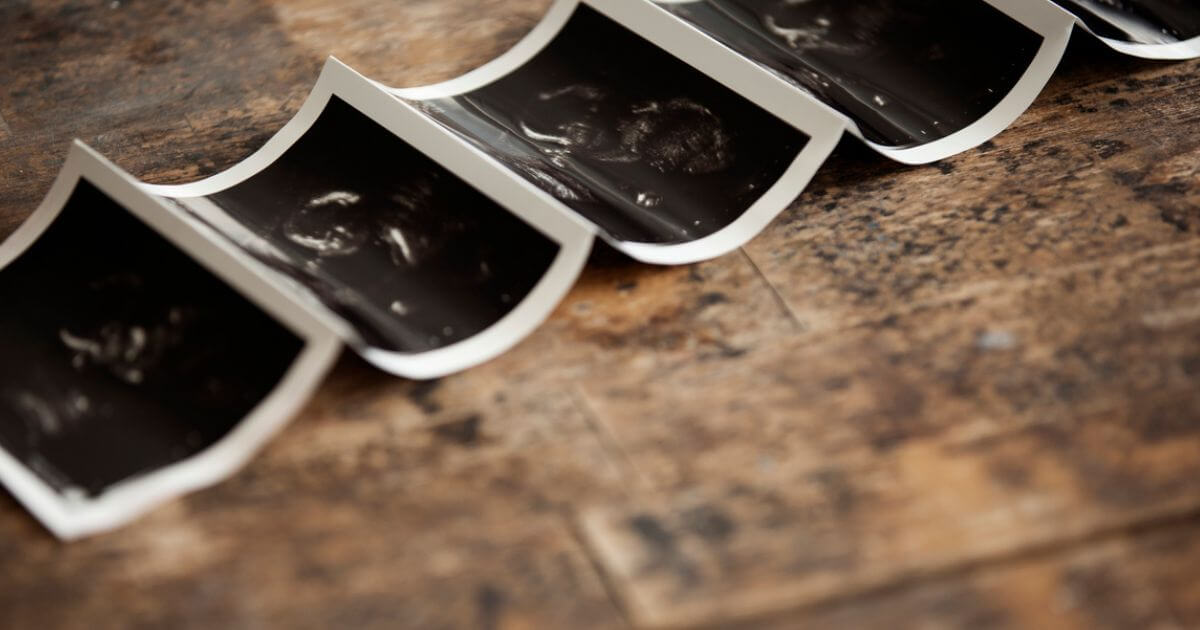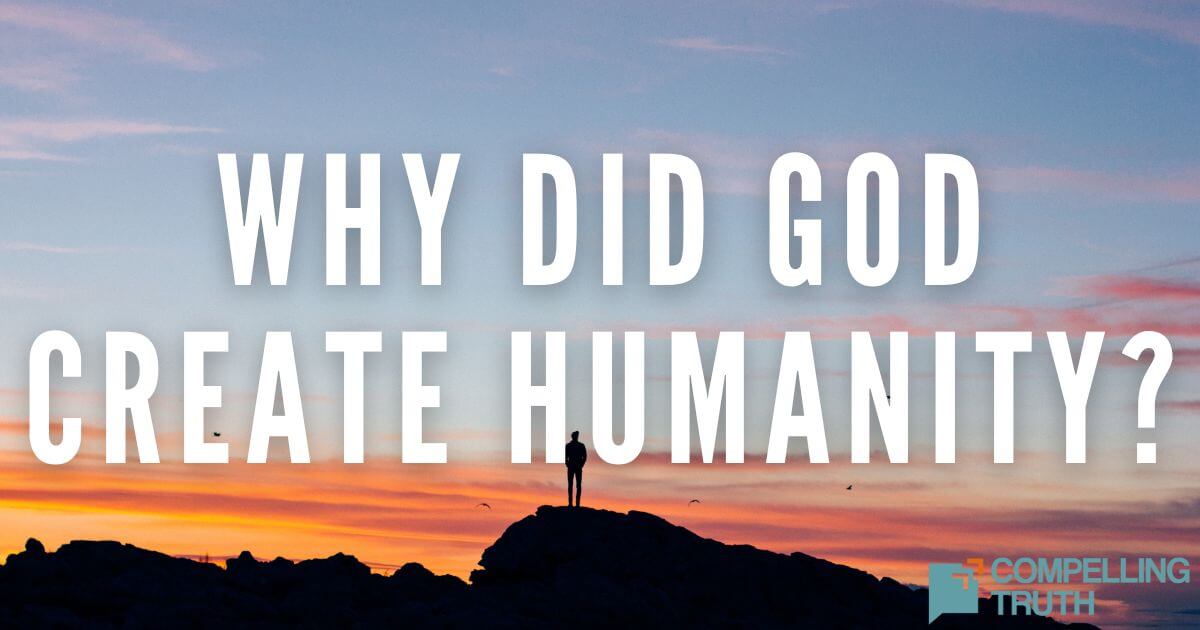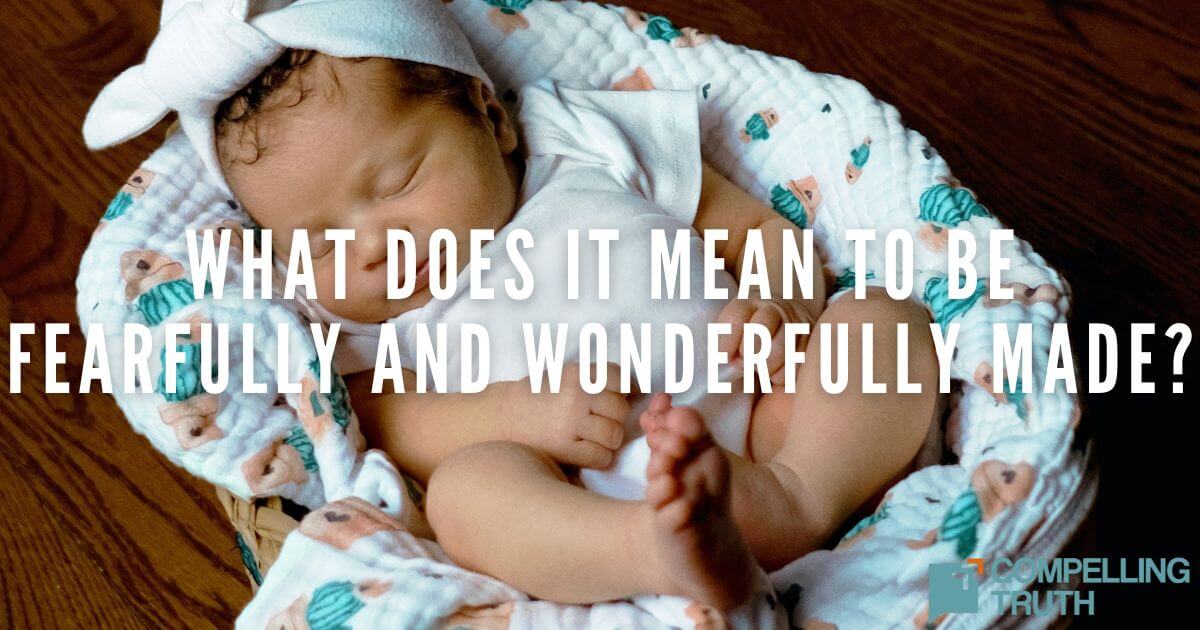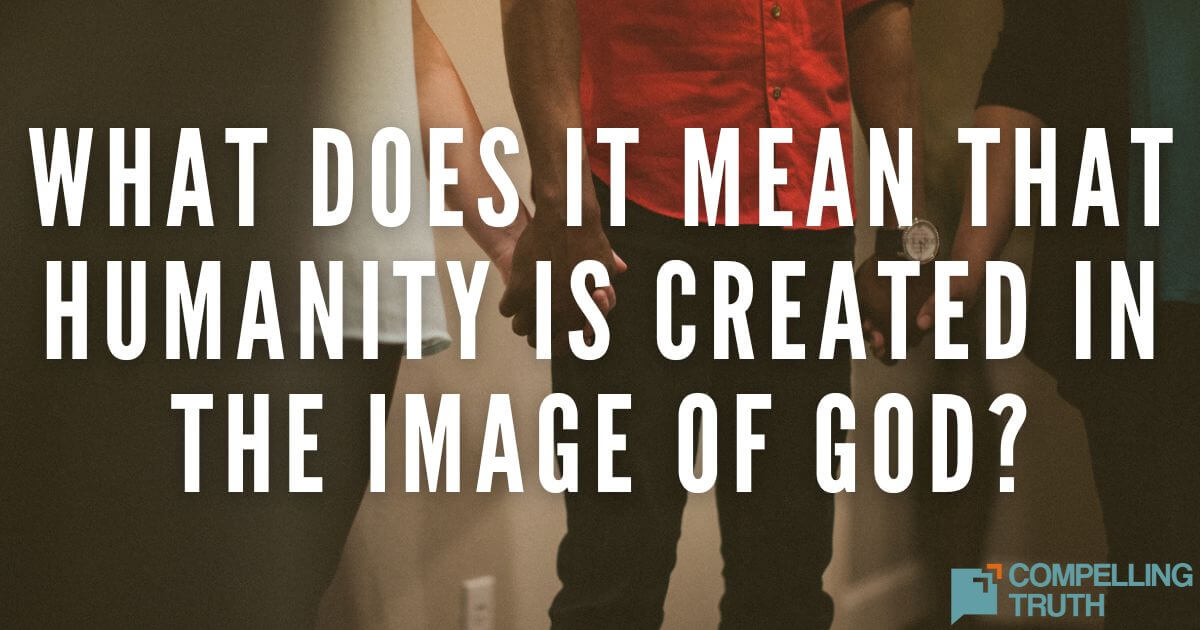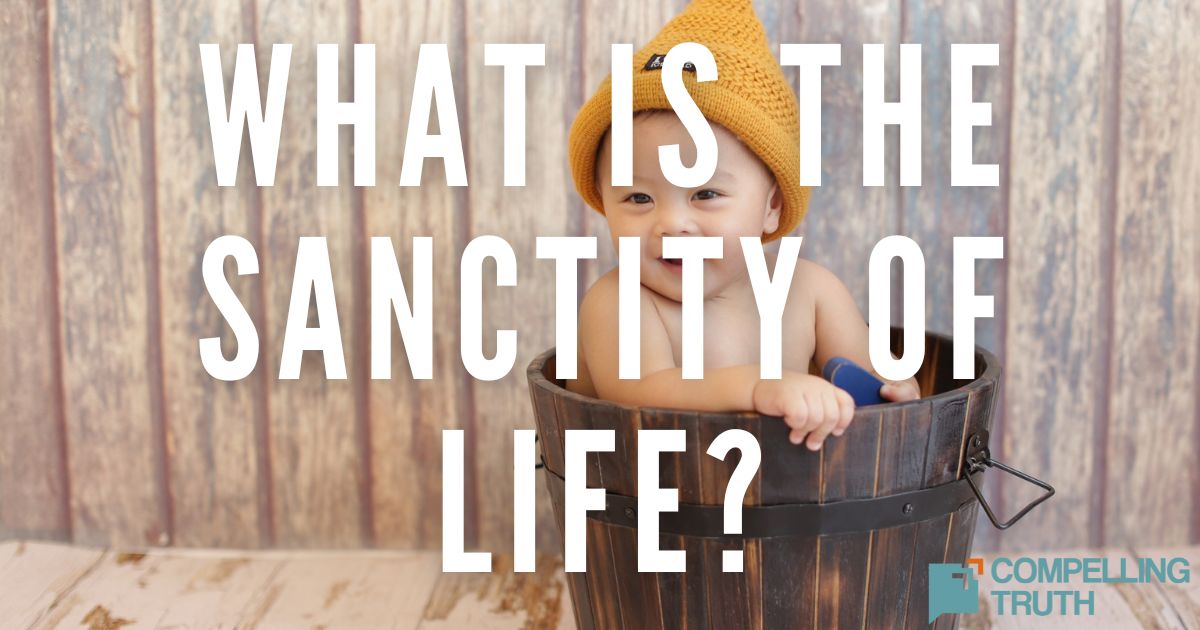God defines a person as "human" at the moment of conception . Fertilization is the first step in the process of conception. Some supporting passages include Psalm 139:13-16; Psalm 51:5; Jeremiah 1:5; and Luke 1:41-44. Traditionally, it was said that life began at conception. Through more detailed understanding, conception is now defined as the processes that occur from fertilization through embryo implantation in the womb. So it is more accurate to say life begins at fertilization. Why does it matter? God values human life. He is the one who created human life , and He is the one who provides a means of redemption and the way of true life through Jesus Christ (John 3:16- 18; 10:10). Every human being is created in God's image (Genesis 1:27). If we claim to follow God, then we must value life as He does, from the moment He began creating us.
Science today has made advances in understanding reproductive biology. As a result, we can now distinguish between the terms conception and fertilization. Conception encompasses the entire process of fertilization, as well as the subsequent implantation of the zygote in the uterine lining. Fertilization refers to the specific moment when a sperm cell meets and penetrates an egg cell, forming a zygote. Fertilization is a step within the broader process of conception.
The scientific consensus is that human life begins at the moment of fertilization. According to a study published in PubMed (2021), 96% of biologists from 1,058 academic institutions around the world affirmed that human life begins at fertilization. This perspective is based on the biological view that a new cell, distinct from sperm and egg, comes into existence at the moment of fertilization. While this agrees with the biblical view, the broader societal and legal definitions can vary significantly.
The good news for even those who have had an abortion is that God offers forgiveness to anyone who asks for it (Luke 15:7; 1 John 1:9). Abortion healing and recovery begins with accepting God's forgiveness. Romans 3:22 says, “We are made right in God’s sight when we trust in Jesus Christ to take away our sins. And we all can be saved in this same way, no matter who we are” (NLT). No sin you can commit today is beyond what God can forgive. If you are a Christian and suffering, then confess your sins to God and receive His forgiveness (1 John 1:9).
